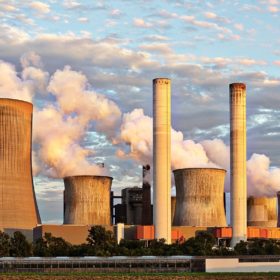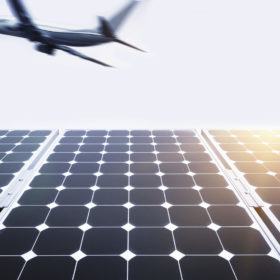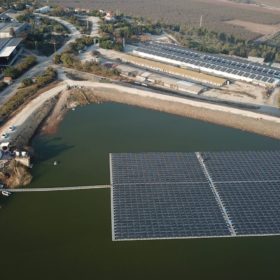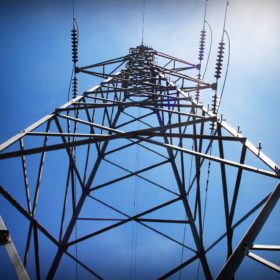SolarEdge braced for Covid-19-related dip in record revenues
The Israeli inverter maker again posted a robust set of quarterly figures but is anticipating a dip in performance during the current three-month window as pandemic-driven lockdowns take effect in its markets.
Covid-19 weekly briefing: Evidence abounds of renewable energy gains at the expense of fossil fuels as the clamor for a green recovery rises
Portugal set a new coal-free record because of the pandemic as Belgium and Israel moved to help the renewables industry. But there was grim news in Mexico and Turkey, and Bangladeshi clean energy firms have appealed for more assistance.
Israel’s plan to recover from Covid-19 crisis includes 2 GW of new solar
The country also intends to continue the procurement exercise for the Dimona solar power plant in the Negev desert. The Israeli government also will try to remove barriers to facilitate rapid and efficient development, while improving the grid-connection process for projects.
The sky’s the limit: How solar and storage can set a post-Covid-19 example
The airline industry has been among the hardest hit by the Covid-19 pandemic; carriers are in ‘freefall’ as Glen Peters, research director at the Center for International Climate and Environment Research in Oslo recently wrote, with governments mulling stimulus packages for airline bailouts. How we react to the coronavirus outbreak is crucial for society as a whole and the solar and energy storage industries can lead the charge in rewriting the status quo.
Floating PV arrives in Israel
German contractor Belectric has deployed a 480 kW array on a reservoir near the Mishmar HaEmek kibbutz in northern Israel.
German solar glass maker acquired by timber company and start-up innovator
Interfloat Corporation, a European market leader for solar glass, has been bought by Holzverarbeiter HS Timber Group and Blue Minds.
SolarEdge figures tick all the boxes for investors
Lack of flannel in the latest quarterly and full-year filing indicates the Israeli inverter maker is happy the figures speak for themselves. The company is in an expansionary mode as it enters the energy storage and electrical vehicle markets with cash from its financial warchest.
Israel’s 300 MW solar-plus-storage tender reportedly at risk
Financial newspaper Globes has reported the tender, launched only three weeks ago, is being opposed by the country’s Land Authority, which claims the project could interfere with sand-mining near Dimona.
Israel launches 300 MW solar-plus-storage tender
The government wants a 300 MW solar plant linked to large scale storage in the Negev desert. Construction is planned for late 2021 and completion in 2023.
Solar-plus-storage will start to make big inroads in the year ahead
By this time next year we may be able to wave goodbye to that old chestnut about renewables endangering security of supply. Elsewhere, the price of lithium – and the products it goes into – could go either way after tanking this year.









